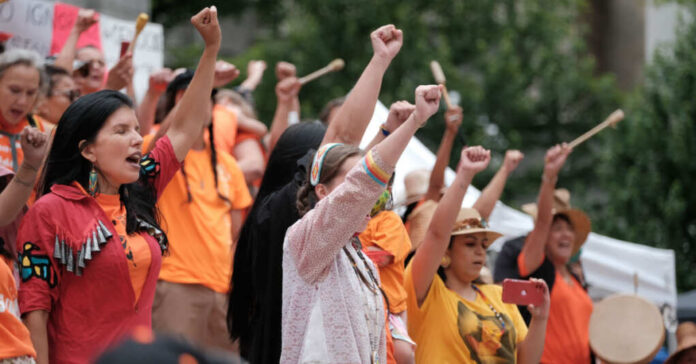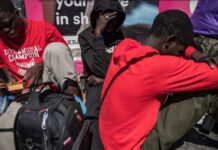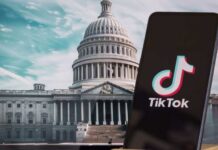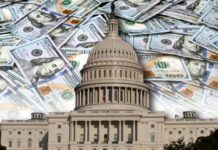
For centuries now, Indigenous tribes across Canada have been looking to be made whole for members who were forced to attend residential day schools. Justice Ann Marie McDonald awarded $2.8 billion to the 325 First Nations who attended the schools. In her ruling, she explained she wanted the money to reverse the losses of their language, culture, and heritage by having an Indigenous-led non-profit group.
“This settlement is historic both in terms of the quantum of the settlement and its unique structure,” said MacDonald. “As Canada remarked, the $2.8-billion settlement is not intended to put a value on the losses suffered by the Band Class members, as that is an impossible task.” In her mind, this is a “transformational” agreement, as it won’t block future generations from filing their own suits concerning the children who died and disappeared at the same schools.
First announced back in January, the agreement was reached as the plaintiffs wanted to simplify the situation and get into the process of healing and uniting their nations. One of the terms was that the Crown would be “fully, finally, and forever” be relieved of any responsibility for any harm done by the residential schools. This distinction between those who died and their family members who survived against those who survived the schools is a powerful message and one that could prove extra costly for Canada as well as the US.
While Canadian rulings have no bearing on US courts, they can help encourage similar-style lawsuits here, especially with the number of tribes that span across the US and Canada. Naturally, this kind of suit would not just impact the Indigenous people, but this could serve as a litmus test for slavery reparations as well. Considering California is already pushing for those, it’s not out of reach.
However, this isn’t just a check for the nations to use as they see fit. Instead, they need to fulfill part of the “’four pillars’ principles outlined in the agreement: the revival and protection of Indigenous language; the revival and protection of Indigenous culture; the protection and promotion of heritage; and the wellness of Indigenous communities and their members,” according to the Canadian Broadcasting Channel (CBC).
The CBC also clarified that “McDonald’s decision also said that the funds and their proceeds cannot be used to fund individuals or commercial ventures, be used as collateral to secure loans or as a guarantee.” This also is in staunch opposition to previous agreements the US has had with various Indigenous tribes across the US. In those instances, that money was more than welcome for any of those things, as that money is largely what helped build the casinos, gas stations, and historical centers that dot the tribal lands and reservations across the US.
Initially filed over a decade ago by former Tk’emlúps te Secwépemc chief Shane Gottfriedson and former shíshálh Nation chief Garry Feschuk in an effort to gain justice and reparations for the day schoolers who were getting impacted by the schooling system. These day schoolers were permitted to head home at night and were left out of a 2006 residential school settlement. The Trudeau leadership settled out of court with day scholars in 2021 to pay off survivors and their decedents. This settled part of the Gottfriedson case, too.
With Canada refusing to negotiate with the rest of the remaining band-reparation plaintiffs it was heading for trial, last fall. When was suddenly adjourned to enter negotiations last fall. The agreement was reached and finalized back in January.
Gottfriedson went on to say “it meant everything” to him to get this agreement reached. He firmly believed it was “about time Canada steps aside” so the First Nations can decide on their own just how they can heal from the trauma caused by these residential schools.















